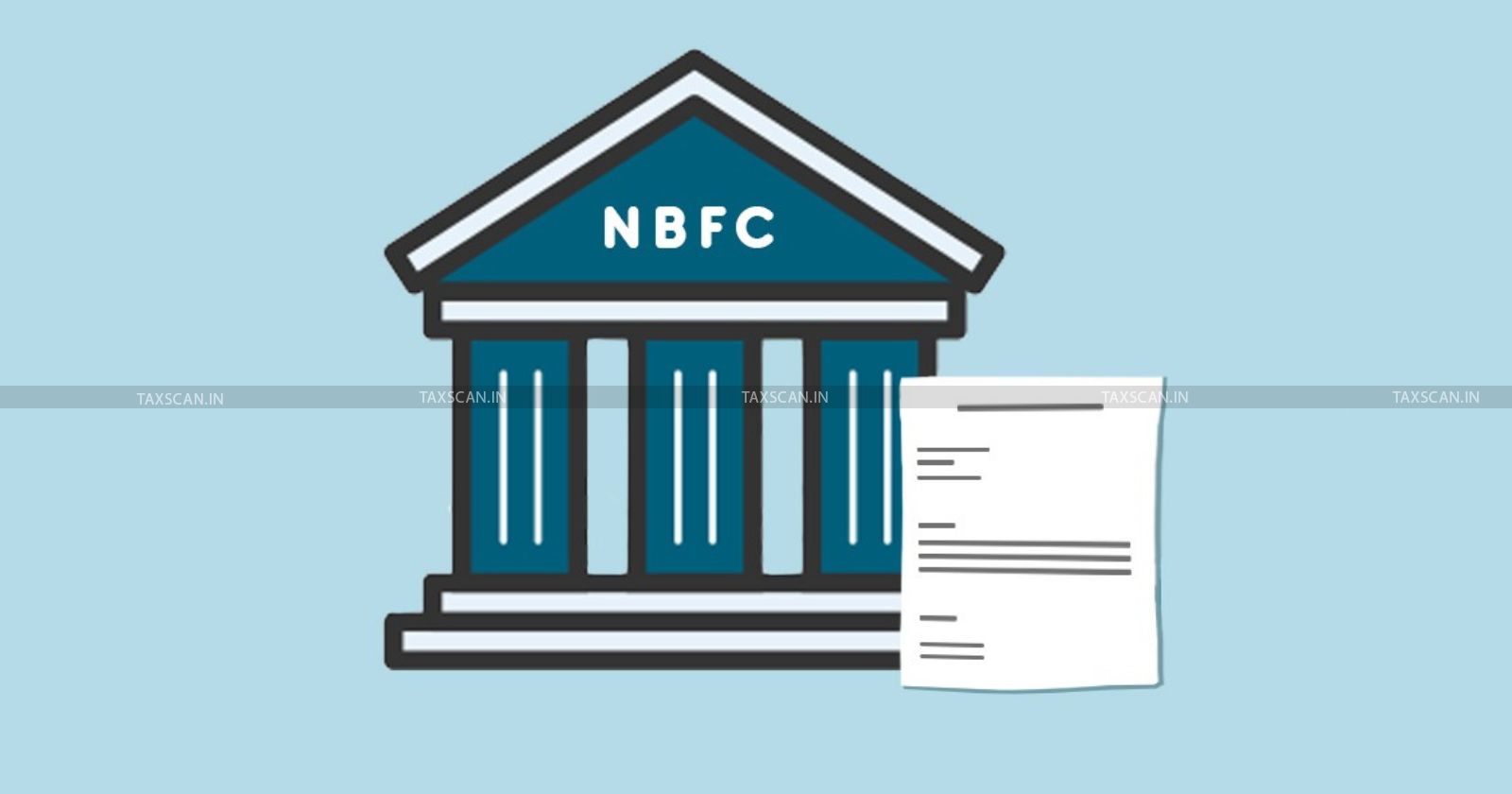Reserve Transfers by NBFCs under RBI Act not Allowable Deduction in Computing Assessable Income: Madras HC [Read Order]
When the income by way of profit, as in the present case, is received and then reflected as part of the total income, deduction is not permissible

RBI – Reserve Bank of India – RBI Act – NBFC – NBFC Reserve Transfers – TAXSCAN
RBI – Reserve Bank of India – RBI Act – NBFC – NBFC Reserve Transfers – TAXSCAN
The Statutory Reserves transferred by the Non-Banking Financial Companies ( NBFCs ) under the Reserve Bank of India ( RBI ) Act is not allowable deduction computing assessable income under the provisions of the Act under the regular computation and computation of book profits under section 115JB of Income Tax Act, as the case may be, ruled the Madras High Court.
A tax case appeal was filed by the appellant Shriram City Union Finance Limited relating to the AY 2006-07. The addressed issue raised was:
- Whether on the facts and circumstances of the case, the Tribunal was right in holding that there has been no diversion of income by overriding charge in respect of amount transferred to Statutory Reserve Fund in compliance with the mandatory provisions of Sec.45IC read with Sec.45Q of RBI Act?
Navigate GST with Ease: From Basics to Advanced Click here to Enroll
- Whether on the facts and circumstances of the case, the Tribunal was right in noticing that the amount transferred to Reserve Fund in compliance with the provisions of Reserve Bank of India Act, 1934, by the appellant from its income, is not an allowable deduction in computing the assessable income under the provisions of Indian Income Tax Act, 1961.?
The bench of Justice Anita Sumath and Justice G. Arul Murugan noted the case which addressed the similar issues. It referred to the ruling of Madras High Court in the case T.C.A.No.755 of 2009 and batch dated 30.06.2022, where bulk orders of different high courts were discussed.
In the case mentioned above, it viewed that “when the income by way of profit, as in the present case, is received and then reflected as part of the total income, deduction is not permissible”.
Navigate GST with Ease: From Basics to Advanced Click here to Enroll
Further referred that “In the light of the aforesaid decision of the Delhi High Court, wherein, it was clearly stated that the reserve is the amount of profit which is retained for use in business, when difficulty arises and on the basis of our earlier findings and from the very language of section 45IC, this court comes to a conclusion that the amount transferred by the assessees herein, to the statutory reserve as mandated under the provisions of the RBI Act, is not an allowable deduction in computing the assessable income under the provisions of the Act under the regular computation and computation of book profits under section 115JB, as the case may be and therefore, the orders of the authorities below, do not call for any interference. Accordingly, the consequential issue is also decided against the assessees.”
Referring to this part and as the issues are identical, the bench ruled in favour of the respondents and against the apellant.
To Read the full text of the Order CLICK HERE
Support our journalism by subscribing to Taxscan premium. Follow us on Telegram for quick updates


